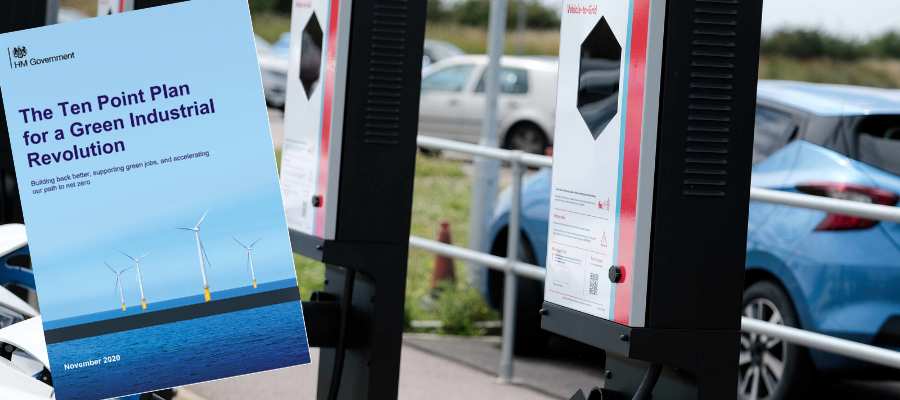🕒 Article read time: 2 minutes
Infrastructure needs to be put in place for transition to zero-emission vans, Logistics UK says

Last week (Wednesday 10 March) the government confirmed that 2030 will be the phase-out date for the sale of new petrol and diesel vans and 2035 for hybrids in the UK.
To achieve this with minimal disruption, Logistics UK has said that it is imperative that sufficient infrastructure is put in place to ensure operators can confidently make the move to electrify their fleets.
Denise Beedell, Logistics UK’s Policy Manager for Vans and Urban, said: “We have been making the case that the deadline, even when it was originally floated in 2035, is going to be challenging for our industry, and are pressing government to ensure that sufficient infrastructure is put in place in good time. This is needed to support operators of van fleets as they look to procure zero-emission vehicles and enable them to make the transition with greater confidence.”
The government’s response to last year’s consultation will mean that from 2035 all new category N1 vans sold (up to 3.5 tonnes), including hybrid, will be fully zero emission at the tailpipe.
The phase-out dates will not apply to second-hand vehicles, which can continue to be driven and sold. Conventional and hybrid vehicles and vehicle components can also continue to be manufactured in the UK for export markets. However, measures will be put in place to reduce the risk of importing used petrol and diesel vehicles to avoid the phase-out dates.
Government has declared itself agnostic on how the transition to zero-emission vans is achieved, acknowledging that while battery electric vehicles are currently the frontrunner, hydrogen also has potential as an alternative fuel, particularly for heavier vans.
In his foreword to the consultation outcome, Transport Secretary Grant Shapps MP said: “In 2018, cars and vans accounted for nearly a fifth of the UK’s total emissions. Tackling these emissions is critical if we are to successfully achieve our climate change goals. That is why the Prime Minister, as part of his ‘Ten point plan for a green industrial revolution’, has announced we will end the sale of new petrol and diesel cars and vans by 2030, with all new cars and vans being fully zero emission from 2035.”
*www.logistics.org.uk/van
Published On: 18/03/2021 17:00:08

Comments Section
If you are a Logistics UK member login to add comments.